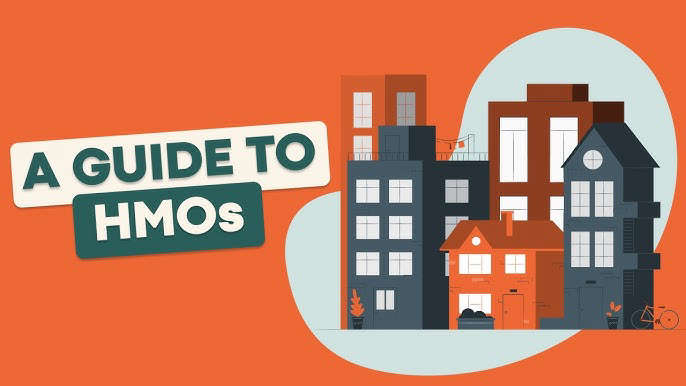
What started as a technical housing solution is now a flashpoint in the national debate about asylum seekers, housing policy and community cohesion.
A House in Multiple Occupation, or HMO, is a property rented by three or more unrelated people who share basic facilities like bathrooms or kitchens. They are legally regulated and licensed by local councils to ensure safety standards are met. Once used largely for students or low-income renters, HMOs have come under sharp public scrutiny in the past year due to their increasing use in housing asylum seekers.
Since the pandemic, the government has relied heavily on hotel accommodation for asylum seekers while their claims are processed. This has proven controversial, expensive, and unsustainable. With Labour’s 2029 pledge to close all asylum hotels, local councils and private contractors are under pressure to find alternative forms of housing. One of the most common solutions has been to place asylum seekers into HMOs, legally converted homes rented out by private landlords.
According to the Housing Rights website, asylum seekers who have not yet received a decision on their claim are not eligible for social housing or housing benefit. Instead, they can apply for Home Office support, which offers basic housing on a no-choice basis anywhere in the UK, often via private landlords. This is where HMOs come in: they’re one of the few available forms of housing that can accommodate multiple individuals without needing to apply for new planning permission in some cases.
Private companies contracted by the government, notably Serco, Mears and Clearsprings Ready Homes, are responsible for sourcing this accommodation. A 2025 BBC InDepth investigation found that some companies bought hundreds of properties, particularly in northern England, to convert into HMOs for asylum housing. Mears alone spent over £20 million acquiring more than 200 properties.
In Rochdale and other towns, the result has been a sharp rise in planning applications to convert homes into HMOs, and with it, a rise in complaints from residents who feel ignored, overwhelmed, or misled.
Concerns from residents include:
- Strain on already overstretched local services like GP surgeries and schools
- Reports of overcrowding, littering or poor waste collection
- A perception of secrecy and lack of consultation from councils or housing firms
- Fears of changing community identity in areas already facing deprivation
While many of these concerns are based on perception rather than evidence, they have nonetheless fuelled political tension, and in some cases, protests.
It’s important to understand that asylum seekers placed in HMOs have limited rights. Until they are granted refugee status or another form of legal leave, they:
- Cannot claim Universal Credit or Housing Benefit
- Cannot rent from a landlord who must perform ‘right to rent’ checks
- Are not allowed to work
- Are placed in no-choice accommodation by the Home Office, which may be in a hotel, a converted barracks, or an HMO
Once asylum seekers are granted refugee status or humanitarian protection, they gain eligibility for council housing, private renting, and full welfare support. But the transition is often rushed, and many still rely on HMOs as a stopgap while trying to secure permanent housing.
Housing campaigners such as Kate Wareing, chief executive of a major housing association, have proposed using social housing instead of hotels or HMOs. Under her plan, councils and housing associations would be funded to buy and refurbish homes. These could first help relieve the housing pressure for existing residents, and then allow asylum seekers to move into vacated properties.
Her scheme, backed by the Chartered Institute of Housing and reviewed by the Joseph Rowntree Foundation, could cut the cost of housing an asylum seeker from £54,000 a year in hotels to £4,000 in supported social housing. It’s being discussed with the Home Office and Treasury as the government prepares to reassess its contracts with private housing firms.
Despite practical efforts to address the issue, the use of HMOs for asylum housing has been caught in a wider storm of political division, fuelled by far-right rhetoric, misinformation, and a struggling asylum system. Campaigners like Rakib Ehsan have called for using military camps to separate asylum seekers from communities, citing “deep cultural differences.” Others say the focus should be on improving transparency, support services, and community engagement.
Government data confirms the scale of the challenge: more than 32,000 asylum seekers are still housed in hotels across the UK, down from a peak of 56,000. With £5.5 million spent daily on hotel accommodation in late 2025, the financial and social costs are mounting.
While HMOs offer a legal, quick-fix alternative to hotels, their use as a long-term solution is now in question. Councils, including Rochdale’s, face pressure to balance housing obligations with public confidence, all under the gaze of national media and rising political scrutiny.
Despite the growing backlash, HMOs still play a vital role in the UK’s housing system, especially for people who are not asylum seekers. Students, care leavers, young professionals, low-income workers, and single adults who cannot afford to rent a whole property often rely on HMOs as an affordable way to access housing. In cities and towns where house prices and rents have outpaced wages, shared accommodation remains one of the few options available.
For many, it’s not just a stopgap but a long-term solution. Critics warn that demonising all HMOs risks sidelining the needs of these groups and ignoring the wider housing crisis affecting British residents as well as migrants.


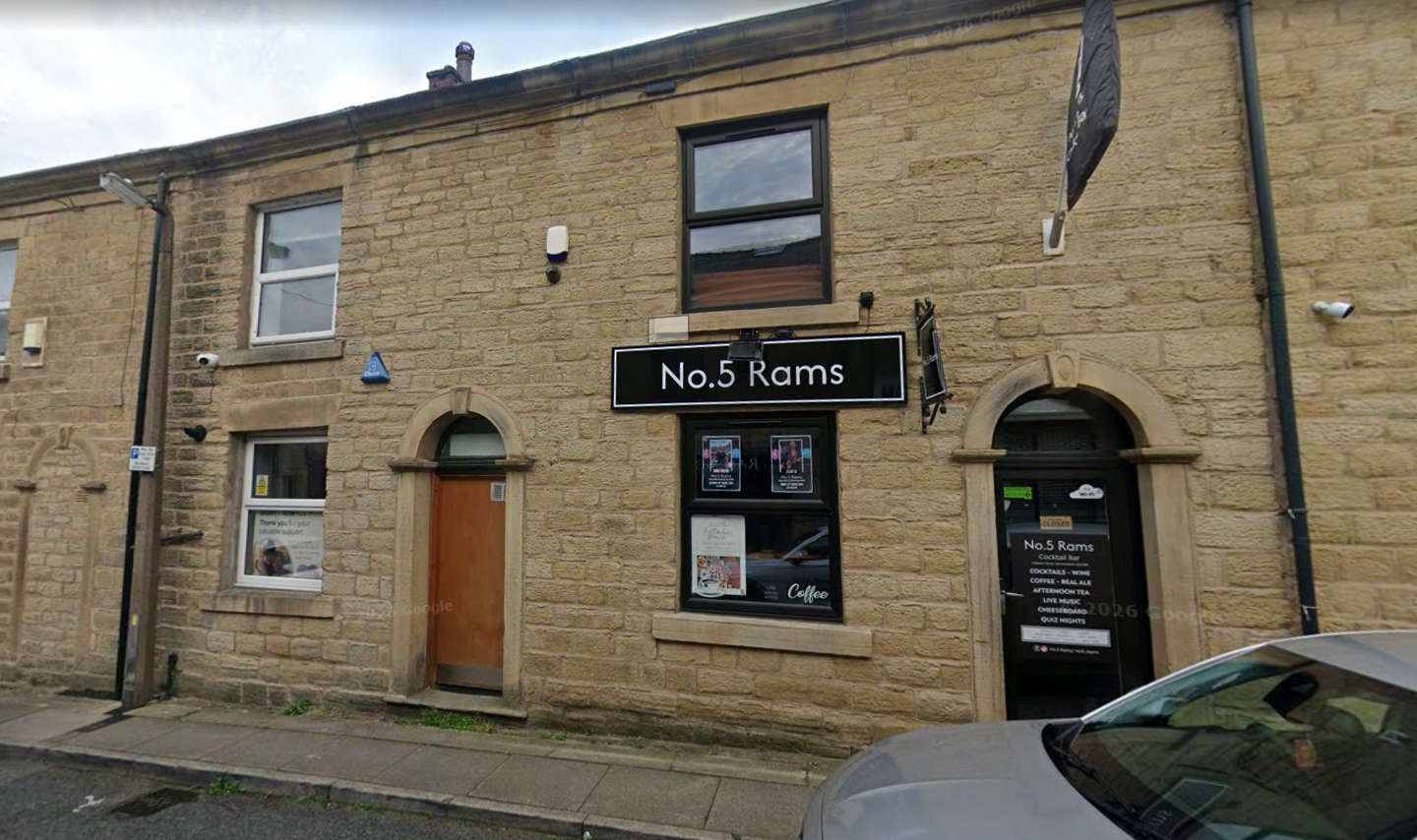 Bartender has alcohol license revoked due to drink driving
Bartender has alcohol license revoked due to drink driving
 Radcliffe child sex offender jailed for life after abusing five children
Radcliffe child sex offender jailed for life after abusing five children
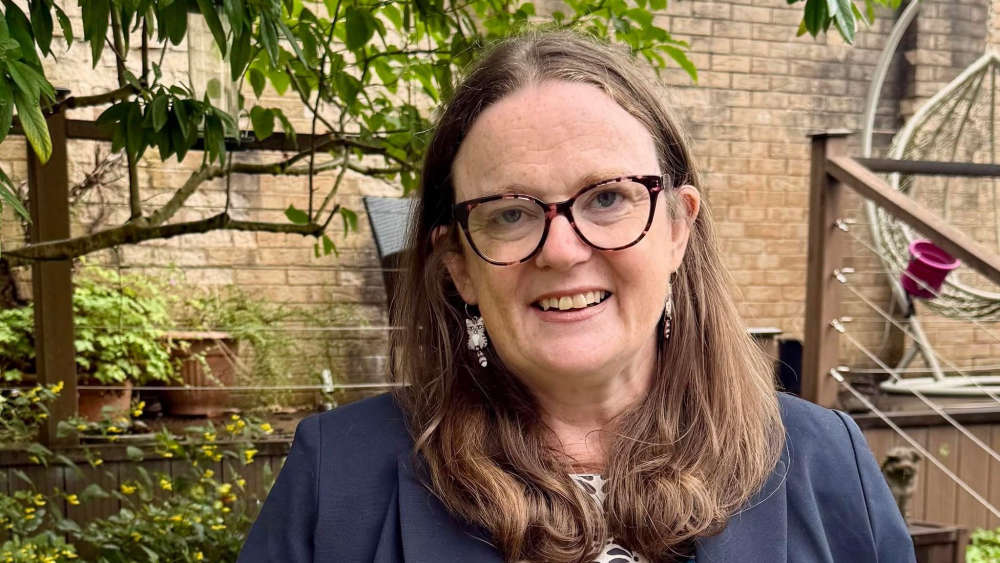 Conservatives select Emma Lee as candidate for Tottington by election
Conservatives select Emma Lee as candidate for Tottington by election
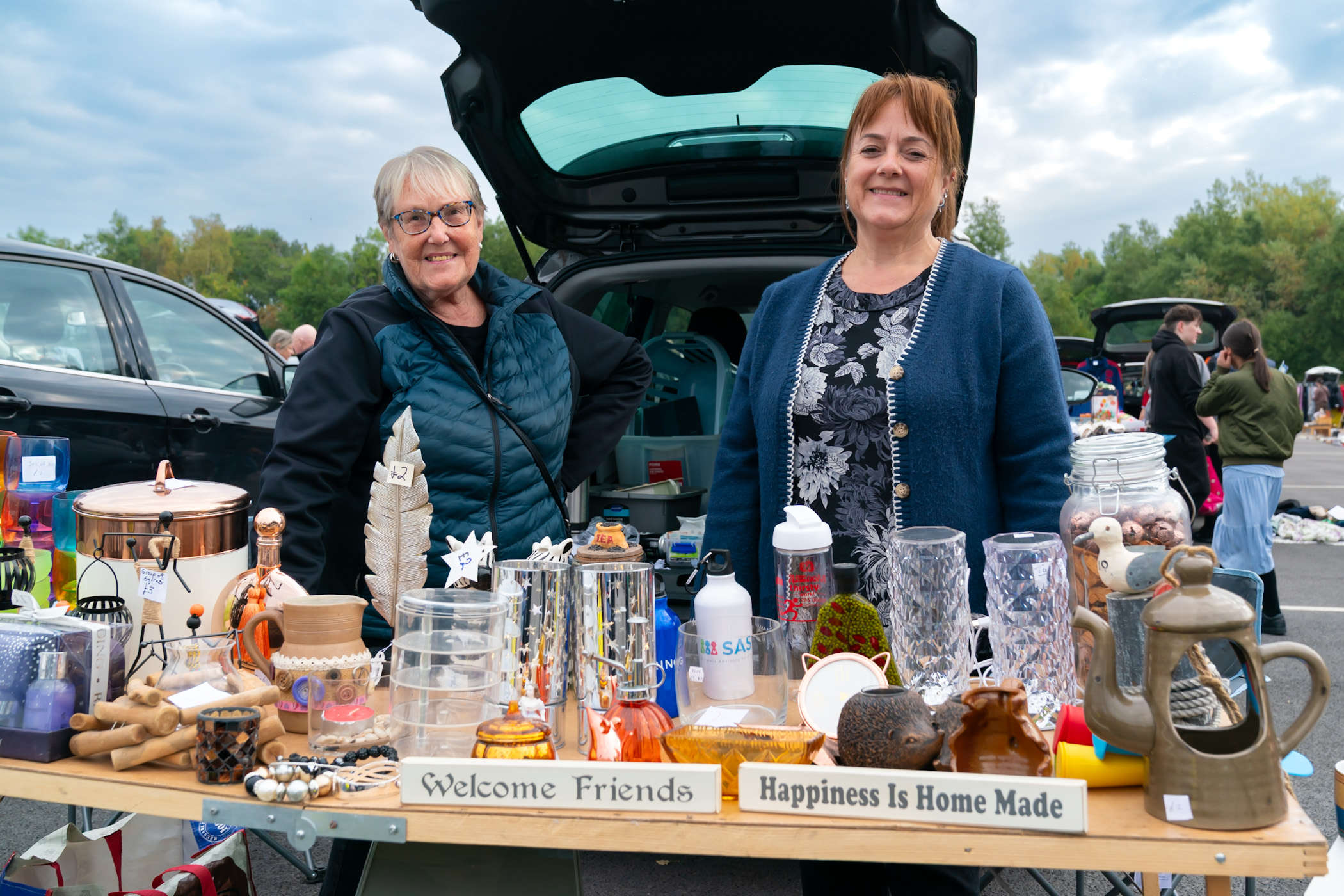 Bowlee car boot sale returns for the 2026 season
Bowlee car boot sale returns for the 2026 season
 Inside the major refurbishment transforming Tenpin Rochdale
Inside the major refurbishment transforming Tenpin Rochdale
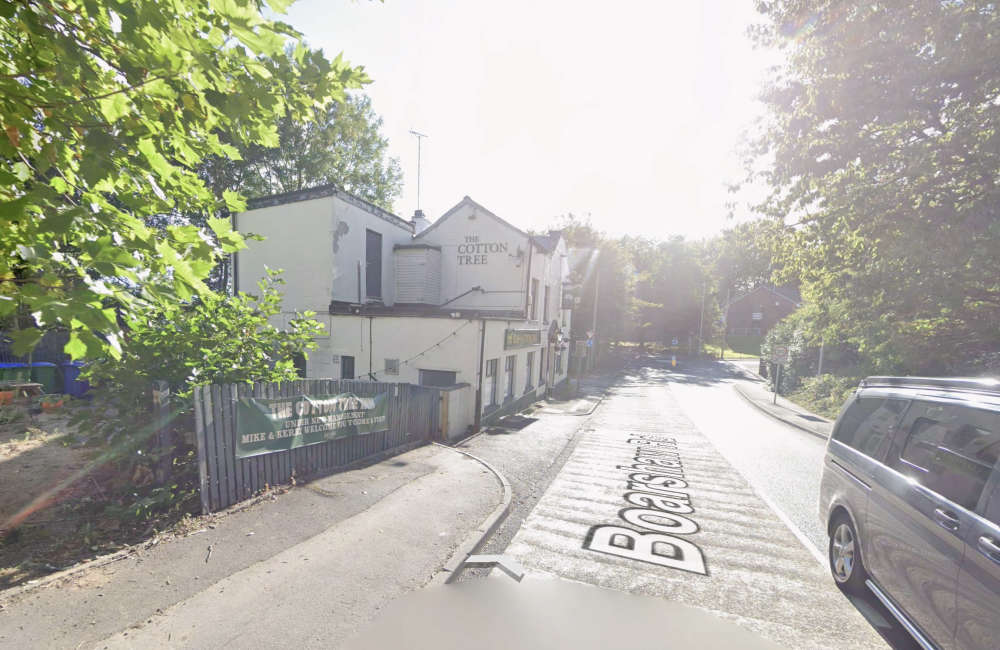 Former Middleton pub could reopen as convenience store after closure
Former Middleton pub could reopen as convenience store after closure
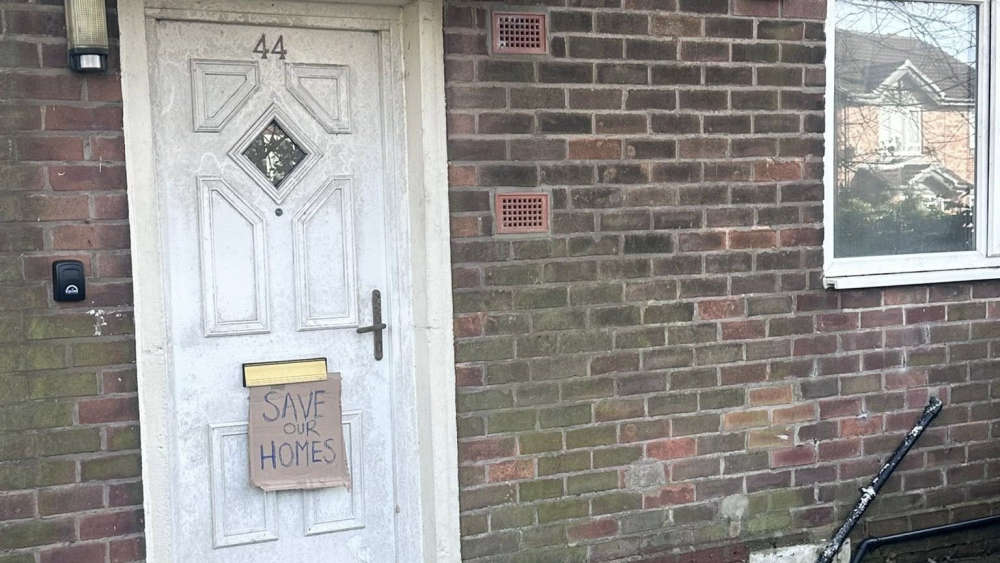 Councillors raise concern over Riverside Housing sale of social homes in Middleton
Councillors raise concern over Riverside Housing sale of social homes in Middleton
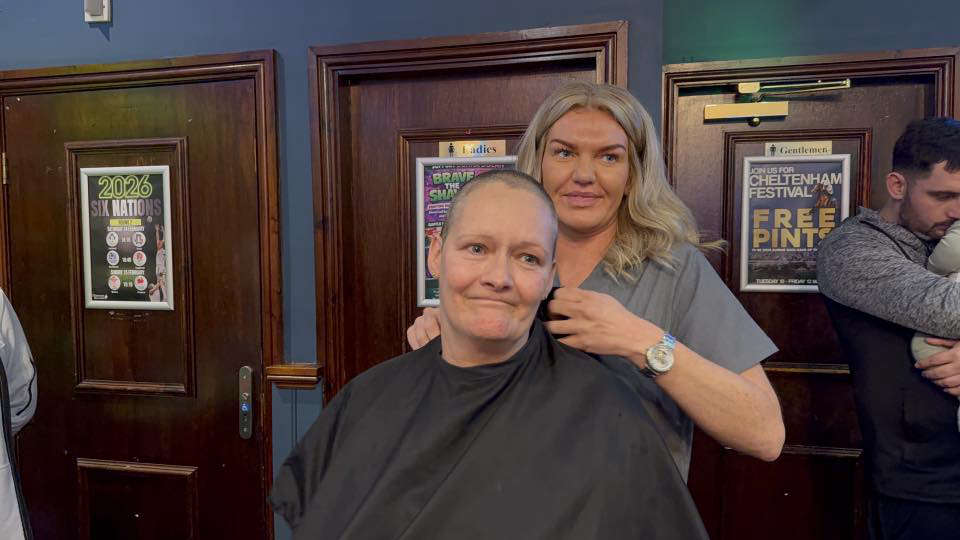 Heywood community raises £1799.65 as Donna Dolan shaves hair for Macmillan
Heywood community raises £1799.65 as Donna Dolan shaves hair for Macmillan
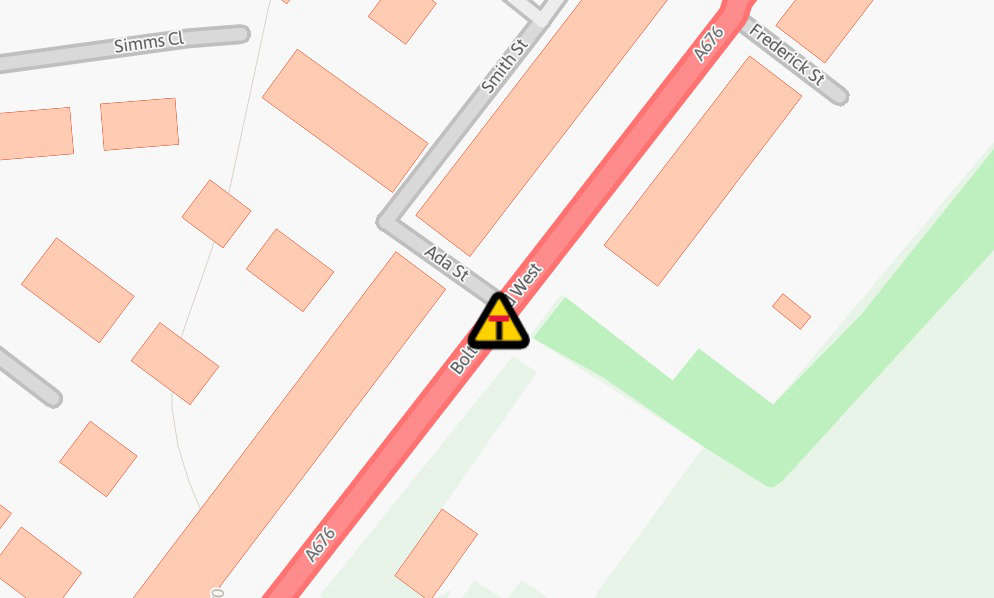 Road closure in Ramsbottom
Road closure in Ramsbottom
 Rochdale families urged to shape national consultation on keeping children safe online
Rochdale families urged to shape national consultation on keeping children safe online
 Civil war erupts as Labour activists in Gorton and Denton say party is ‘not willing to change’
Civil war erupts as Labour activists in Gorton and Denton say party is ‘not willing to change’
 Silver Street offices approved as temporary housing
Silver Street offices approved as temporary housing




Comments
Add a comment